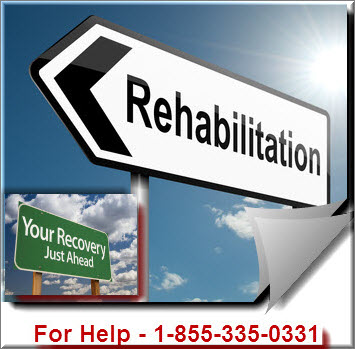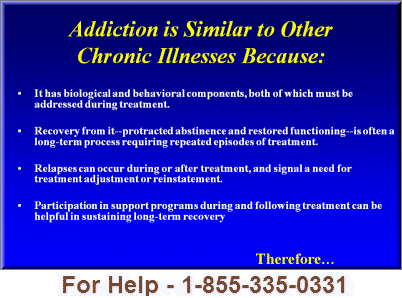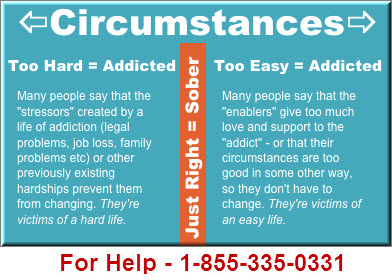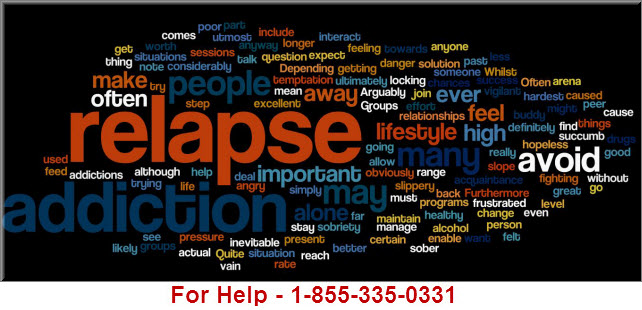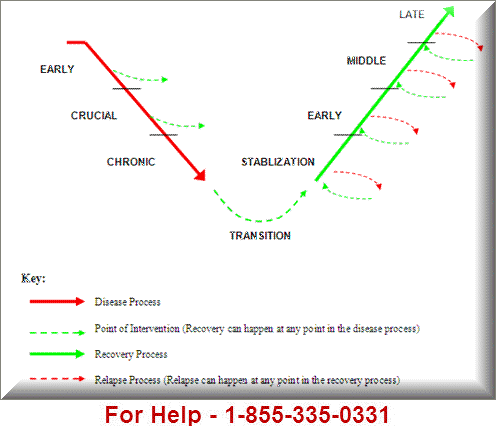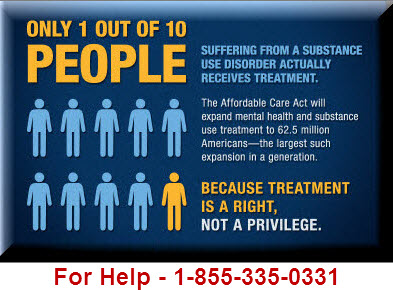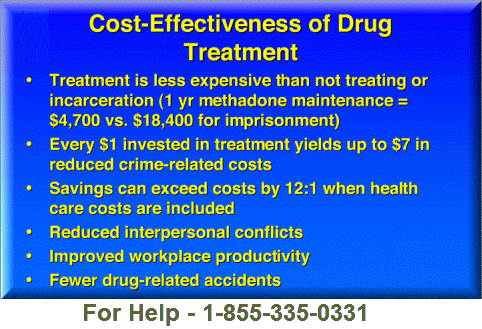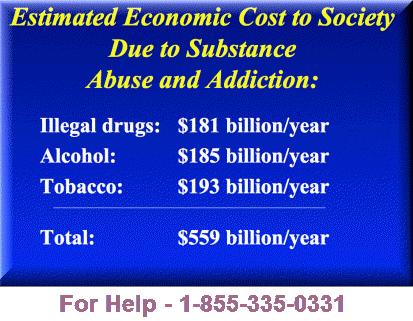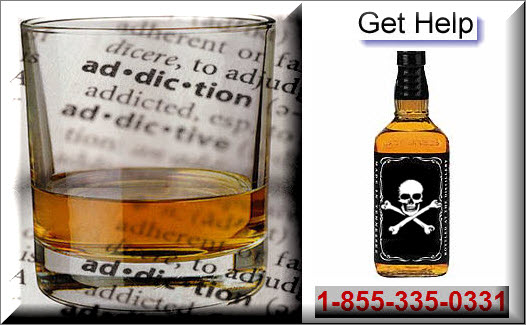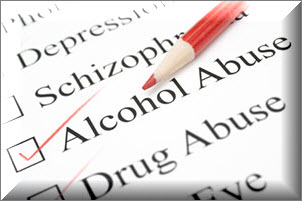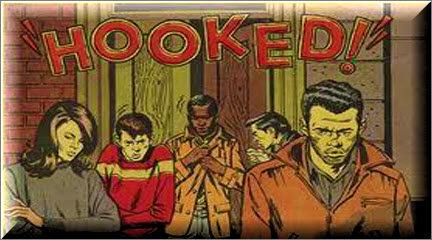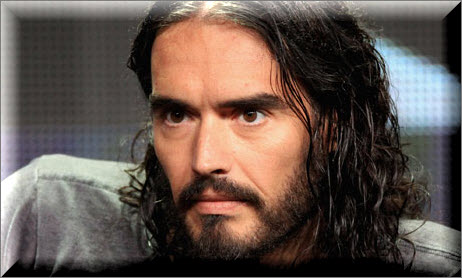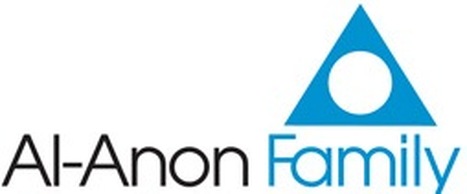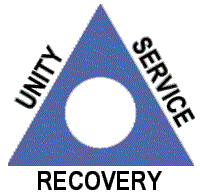Prior to entering a drug rehabilitation program in British Columbia, it is good to look into the rehab facility ahead of time and find what their drug treatment program is all about. What exactly are their (12 steps) principles? What kinds of drug treatments will they offer? These types of things do really make a difference because everything a person learns while in the drug rehab program will affect their process of recovery.
Here are some of the questions an individual should ask before entering the drug rehabilitation program in British Columbia:
Are the drug treatments offered, backed by (scientific, spiritual) any evidence?
The vast majority of successful substance abuse treatment programs utilize behavioral medication and therapy. Or, a mix of both. A person might be squandering their money and time if an individual purchases and enters into a drug rehabilitation program that uses methods that are not shown to be successful.
Following are the type of therapies that good drug rehabs include in their programs:
a) Cognitive Behavioral Therapy: This kind of therapy will show an individual how they can identify the situations that are likely to trigger their drug cravings. In addition, it will help a person find ways to avoid and cope with these situations.
b) Motivational Interviewing: Proven strategies are used to encourage an individual to modify their behavior and enter the treatment program.
c) Motivational Incentives: Positive reinforcement is the key to success for any drug rehabilitation program. Patients are rewarded for keeping themselves drug-free and for being regular in their therapy sessions and a number of other activities that help them in reaching their goal of sobriety.
d) Group Therapy: This is a very effective type of therapy that puts an individual with other patients undergoing the treatment. People involved in the group therapy motivate each other to remain neat and help each other to recognize the patterns in their drug addiction.
The behavioral therapy ultimately aims at keeping an individual motivated, make them learn the skills that help them to stay clean, enhance their problem solving skills, assist a person to build better relationships and replace their drug use with rewarding and productive activities.
Along with behavioral therapy, most programs also use medications. The type of medication used depends mostly on the substance they were hooked on. Different medications can be used at different stages of treatment.
Is the program personalized for their treatment needs?
The best drug rehab treatment programs are tailored to the requirements of an individual. Every individual is different and no two circumstances are alike.
The drug treatment program should, therefore, be unique too. Their ethnicity, cultural background, person’s age, their gender and level and seriousness of their drug addiction should be taken into consideration. Also, there may be other health issues or problems that interferes with the drug treatment and they will need to be addressed before and during the drug treatment program.
How long does the program last?
Additionally, it is important that the program provides a sufficient length of time for the treatment. An Individual stands a larger possibility of relapsing in the event they go back to day to day living too early or without the proper tools.
To be able to stop drug use, research indicates that drug addicts generally have to spend a minimum of 3 months in drug treatment programs. The more time the therapy takes, the greater are the chances of success in the program. Effective drug treatment programs keep an eye on the patient’s progress and help create plans for the maintenance of recovery.
Other important questions a person should ask :
1) Are there drug and alcohol addiction nurses, therapists and physicians available all the time?
2) Does this drug treatment program provide a twenty-four hour nursing staff?
3) Is the drug treatment facility made to treat adults or adolescents?
4) Does this drug treatment program have all the necessary BC licenses?
5) Is there a medicine management program offered?
6) Are the medical doctors full time employees at the rehab? Or, could they be just the consultants?
7) What is the ratio of staff to patients at the drug rehab clinic?
8) What kind of living arrangements is available in the program?
9) Are drug relapse prevention groups available?
10) Will each patient be assigned his or her own case manager at the drug clinic?
11) Is personalized aftercare planning available at the drug treatment clinic?
12) Does this drug rehab program accept insurance or will an individual need to shell money out of their pocket?
13) Is it a government-owned or private drug rehab facility in BC?
